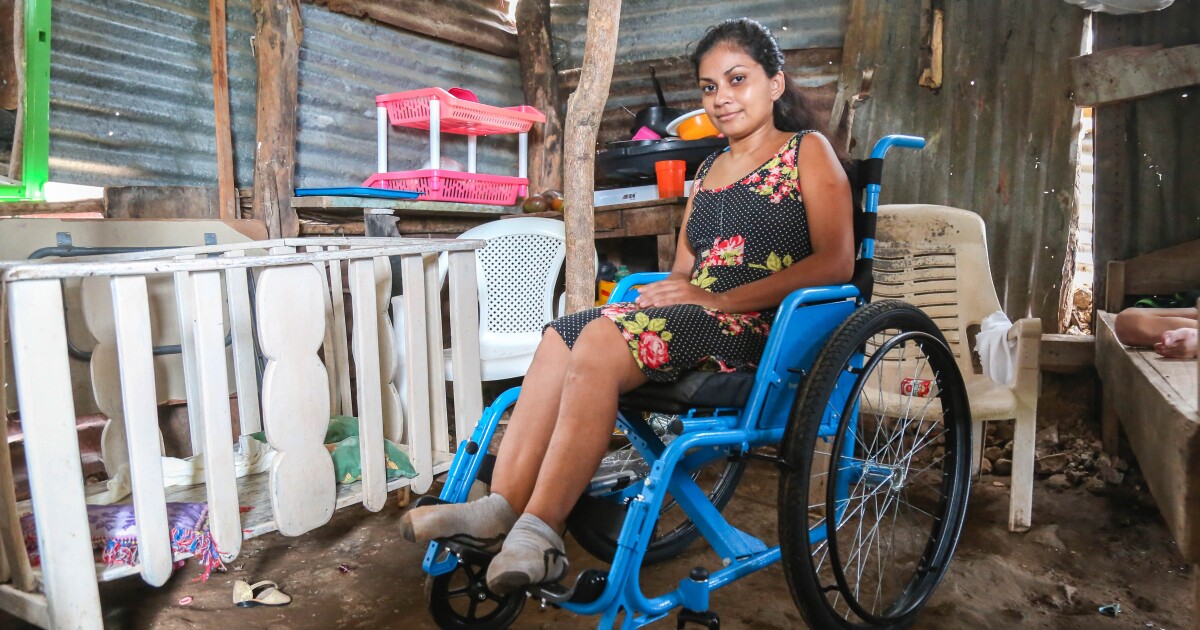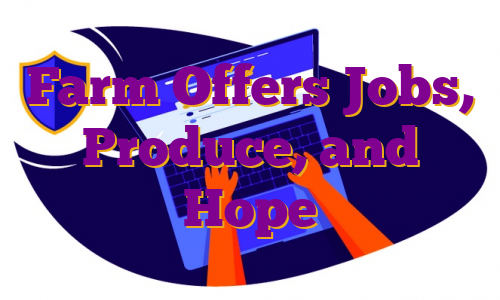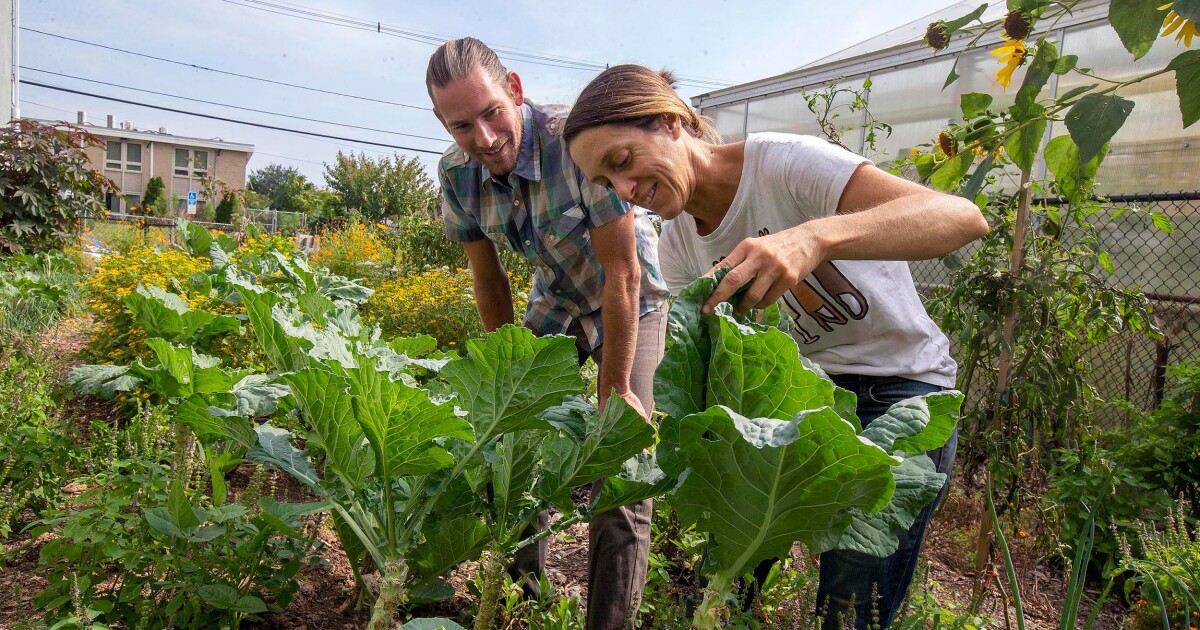Being able to walk and go where you want to go is something that people who are healthy often take for granted. But for many, mobility is far from a given. More than 70 million people around the world need a wheelchair — but only 5 to 15 percent of them have access to one, according to estimates from the World Health Organization.
For the past 21 years, Free Wheelchair Mission has been trying to change that. The faith-based nonprofit in Irvine, Calif., manufactures low-cost, durable wheelchairs and then partners with organizations in developing countries to distribute them. Since it was started, Free Wheelchair Mission has given away more than 1.3 million wheelchairs in 94 countries.“It’s life changing,” says Nuka Solomon, the organization’s CEO. For people with a disability, a wheelchair can mean the opportunity to go to school, she says, and greater dignity because their parent or partner no longer has to carry them on their back. “Or it could simply mean that you use the wheelchair to just get sunlight.”This summer in a remote part of Brazil, Solomon met a young mother with multiple sclerosis. No longer able to walk, she was living in a care home at the foot of a mountain. Solomon says the wheelchair she received allowed her to reunite with her family.The wheelchairs the organization makes are designed to be strong and capable of taking on a variety of terrains, such as gravel roads and dirt floors. The tires are similar to mountain-bike tires.When Free Wheelchair Mission and its partners distribute the wheelchairs, they don’t know if they’ll ever see the people again, Solomon says. “So we need to make sure that what we’re giving them is going to last and is going to be able to withstand as much repair as possible.”Here, with a new wheelchair, Maria, a young woman in Nicaragua enjoys greater independence and cares for her younger brother.
.
Farm Offers Jobs, Produce, and Hope
“Gardening is always such a hopeful act,” says Lisa Bagwell, manager of Kula Urban Farm, a project of the social-services nonprofit Interfaith Neighbors, which serves Monmouth County, N.J. Sprawling across formerly abandoned lots in Asbury Park, the farm offers a jobs program, educational opportunities, and free produce to the local community. One of its defining features is the lack of fencing: Bagwell and her colleagues call it the Farm Without Borders. Anyone is welcome to harvest from the plot — and there’s plenty to choose from. The farm grows okra, tomatoes, zucchini, collard greens, strawberries, and more. Far from inviting competition and chaos, the borderless farm has sown community. “It goes to show that you can have a big garden and not have it vandalized,” Bagwell says.Jobseekers can find temporary stints on the farm, too. “It’s easier to get a job when you have a job,” Bagwell says. “We try to hire people that really face barriers to employment — maybe they’ve been formerly incarcerated, they don’t have their papers together — people that really need a hand.”Temporary farmhands help maintain the farm’s greenhouse, planting and harvesting kale, endive, salad greens, and herbs to be sold to local restaurants. Produce sales bring in some cash for the nonprofit, but Bagwell says grants provide the most support. In 2021, the farm was awarded a $100,000 grant from the Gannett Foundation, some of which will fund the construction of an outdoor classroom. The farm currently hosts school groups and presents community educational programs on topics such as composting and organic gardening, and it will offer events at its covered outdoor classroom in the future.“Gardening is the easiest way to solve a problem and create a space for education,” Bagwell says. “There’s just so many benefits of it, and it’s so easy.” .




